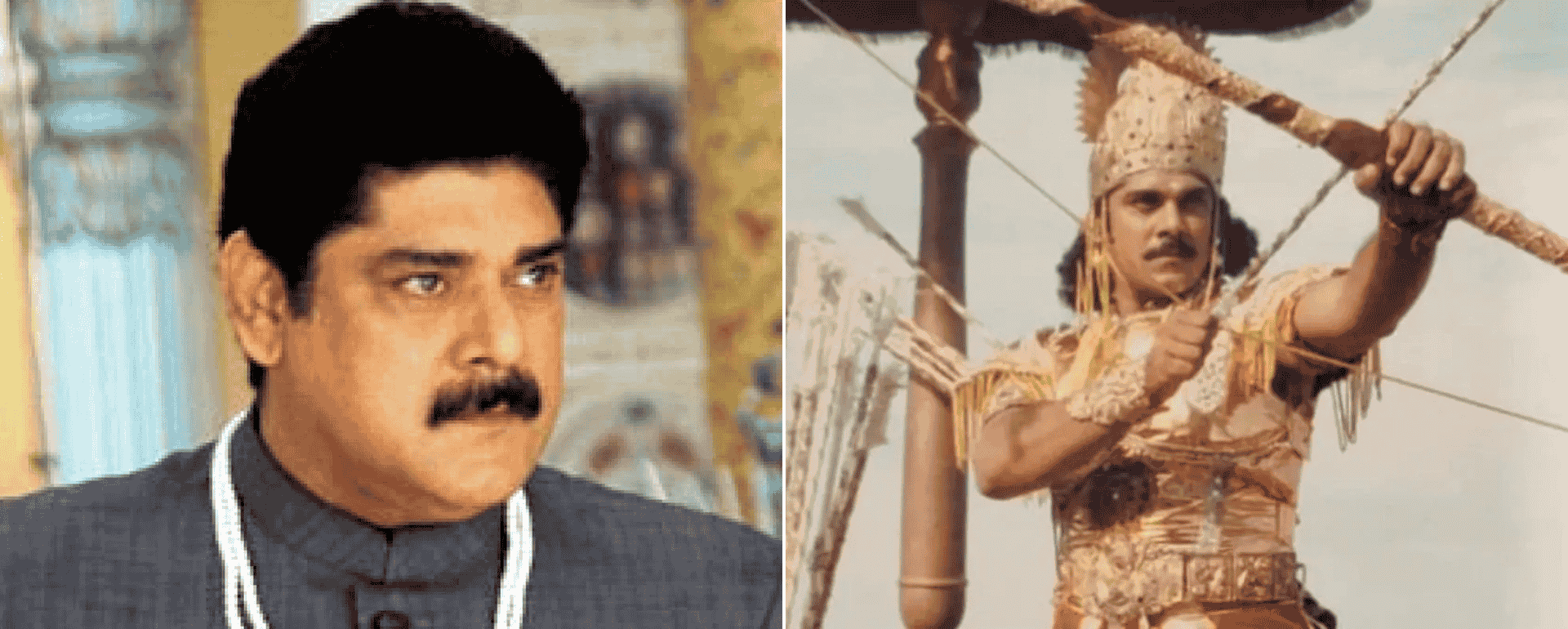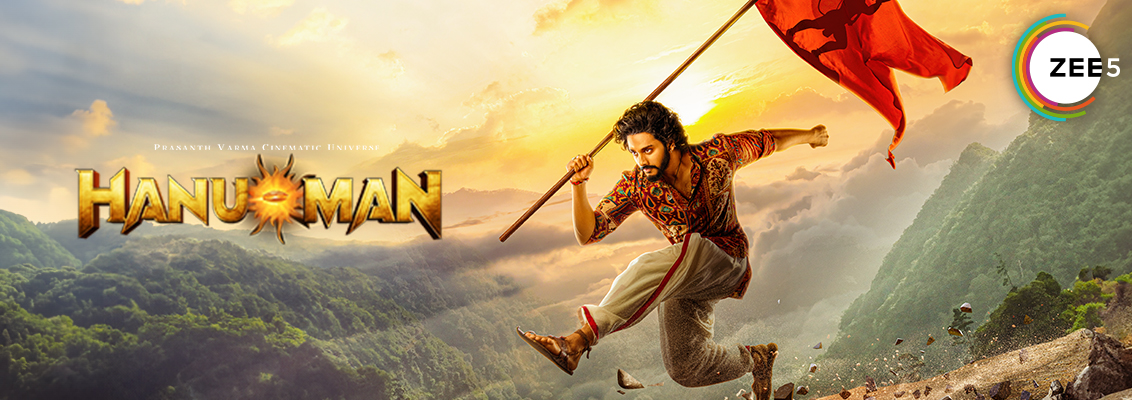The news fell with a heavy shock this afternoon: Pankaj Dheer died in Mumbai at 68 after a hard fight with cancer for loved ones across India. CINTAA sent word and listed funeral details for Vile Parle (West) on October 15, 2025—a brief, respectful note that fit the man’s calm, on-screen style.
Friends, fans, and writers spoke one name as they marked the moment: Karna. Many who grew up with B.R. Chopra’s Mahabharat in the late ’80s use that single name to sum up Dheer’s art—quiet, upright, unforgettable.
A Loss Felt Across Generations
Obituaries can slip into résumé mode; Dheer resists that flattening. Reports through the day were consistent on the facts—age, illness, and the 4:30 pm rites at Pawan Hans—as tributes multiplied online and outside the crematorium. What stood out was the emotional register: not just respect for a veteran, but gratitude for a performance that shaped how India imagines one of the epic’s most difficult men. Fellow actors and viewers alike framed his Karna as a landmark; even decades later, the role remains the first association with his name.
Karna, As Pankaj Dheer Shaped Him
Karna is a paradox magnet—peerless archer, steadfast friend, wounded outsider—and it’s easy to play him as pure nobility or pure grievance. Pankaj Dheer found the human seam between those poles. His council-hall stillness carried a stubborn dignity; his battle-field economy treated bravado as unnecessary. You can rewatch the archery-tournament humiliation or the long day of the duel with Arjuna and see the same craft choices: measured breath, controlled volume, a refusal to reach for easy rhetoric. The result was a Karna who owns his fate without theatrics—a choice that aged remarkably well as the serial reran across generations. (Industry and press tributes today return, again and again, to that steadiness.)
The 1988–1990 Serial and Its Demands
B.R. Chopra’s Mahabharat became national appointment television between 1988 and 1990, built on a production grammar that trusted writing and performance over gimmickry. Long dialogue passages, moral confrontations, and circular arguments weren’t bugs; they were the spine of this Hindi TV show. For Karna, that meant sequences where the character’s ethic outweighed the action—debates with Krishna, tense silences with Bhishma, the private reckoning with Kunti. Dheer’s work thrives in that framework: he lets the philosophy land without turning it into speechmaking in this mythology TV show. That is partly why Karna keeps resurfacing whenever the show’s history is retold.
Craft Notes: Voice, Stillness, and Moral Weight
Actors often talk about what they “added” to a role; Dheer’s signature was what he stripped away. Watch how sparingly he moves in the sabha, how often the dissent stays in the eyes. When heat finally arrives—in the curses that stalk Karna, or the armour-and-earrings episode—it feels earned. The camera, limited by the era’s television realities, often sat back; Dheer turned that distance into a virtue, building a character out of line weight and pauses. It’s not just “good for its time.” It’s a masterclass in calibrating moral weight without mannerism.
Memory, Anecdotes, and the “Moustache” Myth
In interviews resurfacing today, Dheer recalled an early, almost comic detour: he auditioned for Arjun, baulked at shaving his moustache for the Brihannala track, and—depending on the telling—either exited or was shown the door. Later, Chopra called him back for Karna, which Dheer came to see as a role he was meant to play. The anecdote reads like folklore now, but it captures two truths about his career: a quiet stubbornness about the parts he could believe in, and an instinct for where his presence fit the frame best.
Beyond Mahabharat: A Working Life
Do not box a four-decade career into one role, even if that name sets the era’s tone. Before and after Mahabharat, Dheer worked across television and films—Chandrakanta, The Great Maratha, Yug on TV; plus a steady stream of Hindi features through the 1990s and 2000s. He mentored crews and built training and spaces for the industry, the plain work that sustains the next generation. Family remained part of that story—his wife Anita Dheer in costume work, and his son Nikitin Dheer following him into acting—details remembered today alongside the obituaries.
Why This Karna Endures
Characters from myth can become marble. Dheer kept the stone warm. His Karna is neither martyr nor saint; he’s a man with a code that sometimes costs too much, and he knows it. That understanding turns familiar scenes into something more complicated: the generosity to a rival, the loyalty to a friend who may not deserve it, the last-day courage pinked by knowledge of loss. Many actors have attempted Karna before and since; Dheer’s version persists because it is both larger than life and exactly life-sized.
The Day After
As the final tributes fade tonight, the afterimage that remains isn’t a single scene, but a way of carrying yourself on screen—shoulders squared, voice tempered, emotion rationed until the precise moment it can do the most good. That is a discipline younger actors can study without imitation. It also explains today’s response: the sense, even among people who never met him, that we’ve lost someone familiar—a face that presided over Sunday rooms, a voice that held the frame.
Farewell, With Gratitude
We measure television legends by the lives they touch long after the credits stop rolling. By that measure, Pankaj Dheer walks into the canon easily. The timelines and statements have done their necessary work; the rest is remembrance. For a generation—and then another—he put a complex, contested figure at the centre of Indian popular imagination and made him human. That gift won’t dim with a day’s news. It will keep circling back, the way the epic itself does, inviting each fresh audience to meet Karna again—and to recognise, behind the armour, the actor who gave him heart.
Bio of Author: Gayatri Tiwari is an experienced digital strategist and entertainment writer, bringing 20+ years of content expertise to one of India’s largest OTT platforms. She blends industry insight with a passion for cinema to deliver engaging, trustworthy perspectives on movies, TV shows and web series.




